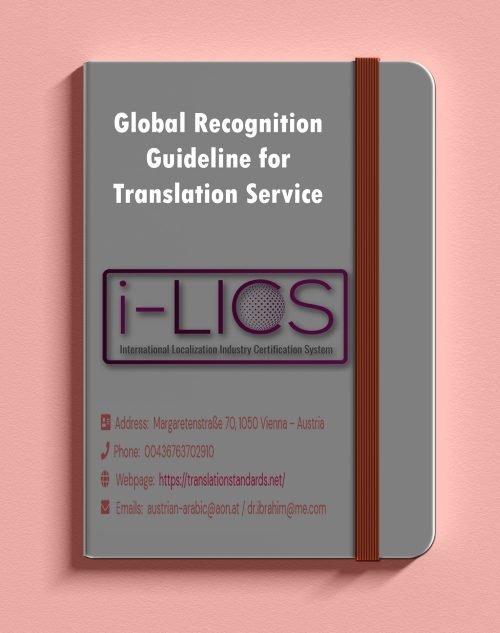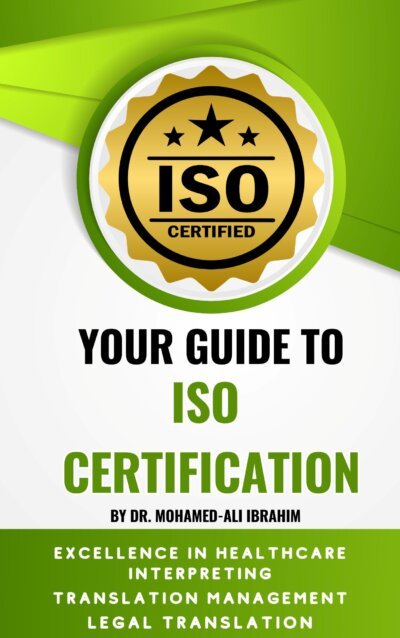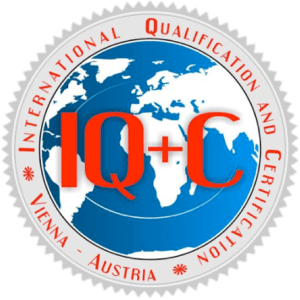

Thanks for joining us
Global Recognition Guideline for Translation Service Providers
The ISO Standards of our field
- ISO 21998:2020 Interpreting services — Healthcare interpreting
- ISO 18841:2018 Interpreting Services requirements and recommendations
- ISO 20771:2020 Legal translation — Requirements
- ISO 13611:2014 Interpreting — Guidelines for community interpreting
- ISO 20228:2019 Interpreting services — Legal interpreting — Requirements
- ISO/TS 11669:2012 Translation projects — General guidance
- ISO 18587:2017 Translation services — post-editing of machine translation
- ISO 17100:2015 Translation services Requirements for translation services
- ISO 9001:2015 Quality management systems — Requirements
What are the advantages of certification?
1. Certification builds trust
An independent body certifies that your product, service, management
system, or employees meet the requirements of a specific standard and
that their quality is continually monitored. This builds trust among your
customers and differentiates you from your competitors. Invitations
to tender certifications are frequently listed as a requirement, or they
give your company an advantage.
2. Evidence of the high quality of your products/services
The certification implies high quality. When you hold a valid certificate
issued by an independent body, you demonstrate the high quality of
your products and services to your customers and business partners.
3. Opening new markets
Certification can also help you access new markets, win new customers
and use alternative sales and marketing channels. By applying
standards and obtaining certificates according to them, you benefit
from internationally comparable benchmarks in times of globalization.


